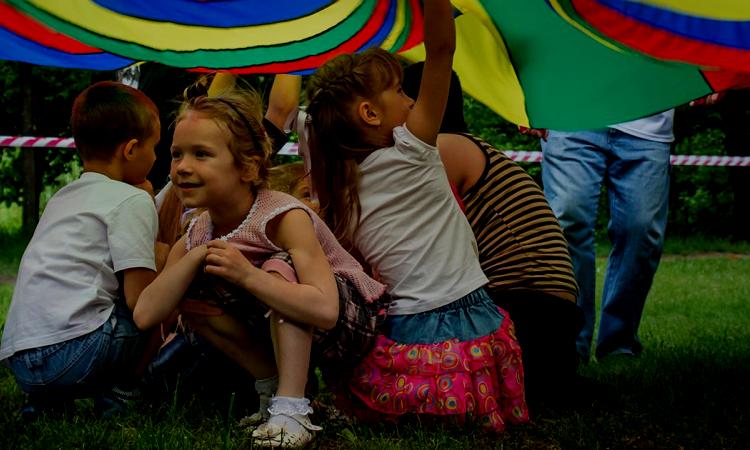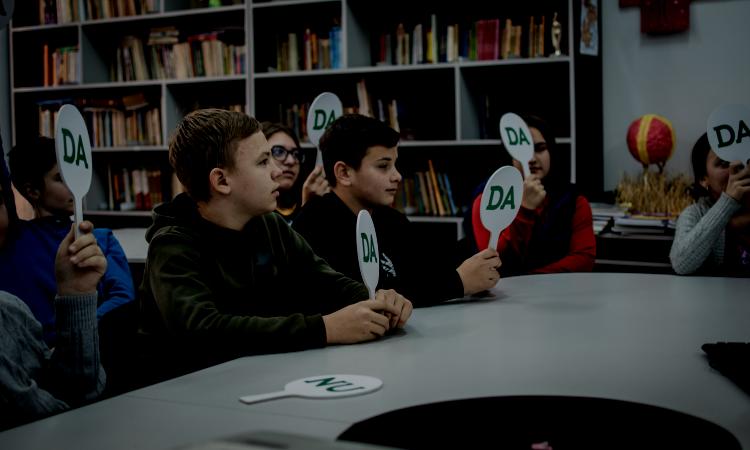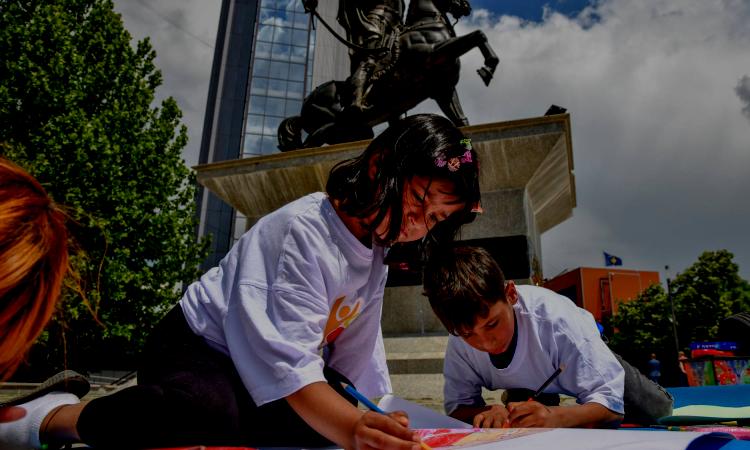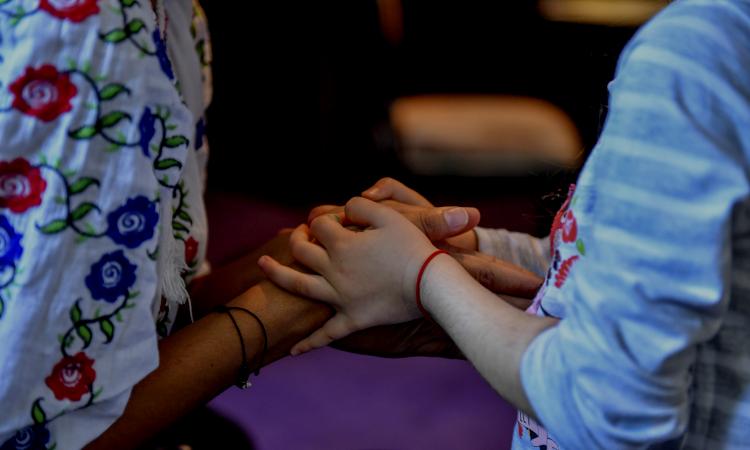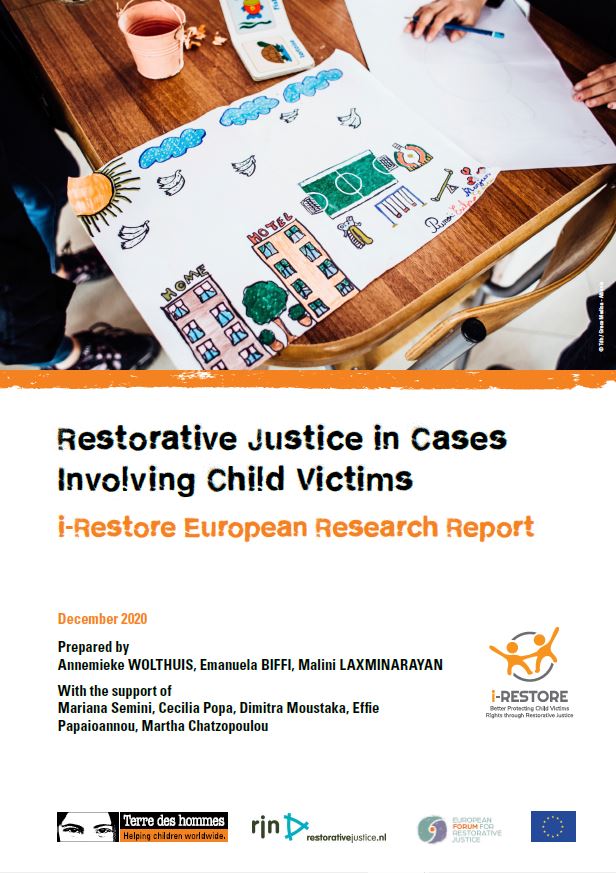
A research review on the application of restorative justice in cases involving child victims in Albania, Greece and Romania was conducted within the “i-RESTORE - Better Protecting Child Victims Rights through Restorative Justice” project. The EU-funded project is led by Terre des hommes Regional Office in Hungary and implemented in partnership with the European Forum for Restorative Justice, Restorative Justice Netherlands, Terre des hommes Romania and Terre des hommes Greece.
The review resulted in four research reports: one European and three national reports (Albania, Greece, Romania). The research was carried in consultation with children and key stakeholders from these countries.
The European research report points out that, notwithstanding the differences between legal systems in Albania, Greece and Romania, the three countries are developing restorative justice and children’s rights and are gradually approaching the respective European and international standards.
While the research also aimed to hear from professionals about positive methods of working with children, and to hear from children about their needs, the findings indicated that there are still a lot of challenges when applying restorative justice to children. Though these challenges varied per country, many of the systems faced complexities due to a lack of awareness among professionals, ongoing changes of judges that impacted how restorative a system could become, inadequate legislation when compared to more ideal international norms that exist, a lack of cooperation among key stakeholders and the general belief that criminal justice still prevails, to name a few. These shortcomings led to several recommendations, which focus on themes such as protection, assistance and support, communication with children, attention to power imbalances, focus on reintegration over incapacitation, awareness-raising techniques and creating a healthy environment for children to feel open and safe to engage in dialogue.
Since we are slowly gaining more knowledge on this topic, the next step is to identify how best to communicate positive ways of working. Research, and practical implementation, must take into account the voices of children, and how to further do this should continue to develop over time and beyond the i-RESTORE project. Trainings need to be more accessible and fully implement a child-friendly approach. Only through ongoing education for practitioners and other professionals can we move towards a more restorative culture – for children and adults – that will have a large impact on the well-being of all parties involved.
As this report illustrates, child-friendly justice must consider the vulnerable state of children, particularly when they engage in processes such as restorative justice. From the interviews that were conducted with children, support and information particularly came to light. While the form of this support will vary, it is crucial to understand how to best integrate proper assistance – whether through the parents, a police officer or a psychologist - through a way that accounts for the individual needs of the child.
Access the national reports:
- Research report on restorative justice in cases involving child victims in Albania
- Research report on restorative justice in cases involving child victims in Greece
- Research report on restorative justice in cases involving child victims in Romania
***
The project “i-RESTORE - Better Protecting Child Victims Rights through Restorative Justice” (September 2019 until August 2021) aims to promote the use of restorative justice in cases involving child victims by improving knowledge amongst national stakeholders on child-victim friendly restorative justice and empowering children to advocate for better protection of child victims.
The project is co-funded by the European Union’s Justice Programme (2014-2020). The content of the reports represents the views of their authors only and is their sole responsibility. The European Commission does not accept any responsibility for use that may be made of the information it contains.
